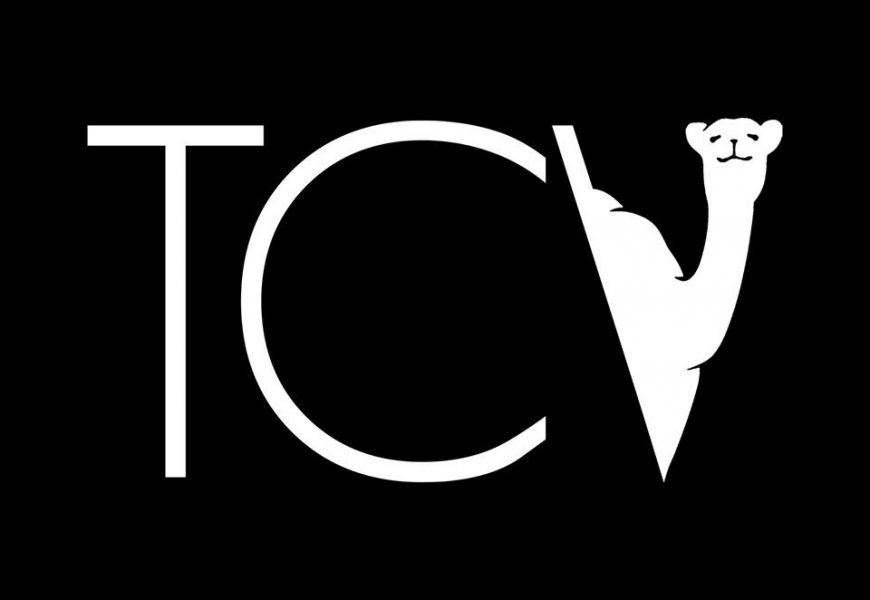The terms “hard” and “soft” sciences are thrown around rather carelessly in many college atmospheres, although most people would not be able to distinguish precisely what separates the two from each other. Within a humanities-focused community like Connecticut College, various people dabble in the humanities and the sciences. An even more impressive number intertwine “hard sciences” with “soft sciences” in their liberal arts education. But what exactly do these terms mean?
Although the terms are used frequently, there is no definitive answer for what separates a hard science from a soft science. Generally, the difference comes down to the amount of mathematics involved in the course and the reliance on the scientific method and quantitative data. “Hard sciences” most colloquially refers to the natural (also called physical) sciences, such as chemistry, biology, or physics. “Soft sciences,” on the other hand, refers to social sciences such as psychology, anthropology, sociology, or even philosophy.
The terms may seem relatively harmless. However, they are implicitly biased. Soft science suggests the course load may be less rigorous, while hard science suggests more difficulty and challenge. Any type of science not explicitly related to math can be unfairly seen as less difficult than other sciences, leading to biases that damage people who study social sciences. As a result, there are observable grievances about which type of science is better and which may be more useful in the “real world.” This also includes the bias that soft sciences should receive less federal funding than hard sciences, a typical debate in many university settings.
There is a direct correlation between the stigma of “soft” versus “hard” science and the treatment of women within STEM fields. A study by researchers at the University of the Sciences in Philadelphia and Indiana University discovered that when a greater number of women participate in a certain STEM field, that branch of science is more likely to be considered a soft science. The use of these terms is harmful and encourages the stereotype that women inherently work softer and less intense jobs than men do or that their studies and contributions to their field are simpler or less effective than the studies of men in the same discipline.
At Connecticut College, many students study a combination of sciences. The Connections curriculum at Conn encourages people to combine physical and social sciences so students may focus their studies in areas that incorporate both kinds of sciences. Sarah Nagel ‘28, a hopeful Economics major, shared her thoughts on “hard” sciences by defining Econ as a “hard science—not because it’s a male-dominated field, although it definitely is, but because economists use the scientific method all the time in determining different hypotheses.”
According to the general public, economics is considered a social science because it deals with intangible aspects of human behavior within governments and societies. However, Nagel voiced that she feels as if there is “a misunderstanding that people don’t work as hard in the Econ field,” which correlates with the fallacy of economics being seen as a soft science. While the discipline does deal with interpreting social systems, it is just as challenging and thorough as the physical sciences. As Nagel expressed, “I don’t think one science is more impactful than another—each science has its own path which it helps with, and I don’t think that [the two types of sciences] are comparable.”
In my personal experience as a potential Philosophy minor, I have witnessed social sciences being taken less seriously than natural sciences. While that type of prejudice is generally not common on a liberal arts campus like ours, the humanities tend to be overlooked regardless. Just by bouncing around ideas of studying English and Philosophy, I am often met with judgmental grimaces and eyes cast away. “What could you possibly do with that?” is a question often directed at me, and although I am still yet to be able to answer that with confidence, I almost never see that question thrown at scholars of the natural sciences. I believe that this is because sciences of a social nature are generally seen as contributing less to society overall. There may be some truth to that, as natural sciences help the world in tangible, practical ways. However, social sciences are certainly impactful in subtler ways that may not be able to be observed in major scientific headlines.
There is also an illusion that those majoring in any physical sciences have direct career paths already paved for them—chemistry majors as chemists, biology majors as biologists. Meanwhile, most people struggle to pinpoint an exact career trajectory for the social sciences due to how widespread and interpretive the disciplines can be. This is another factor in the misconception that people who major in social sciences do not have as many career opportunities or are merely wasting their time and energy studying such abstract sciences.
Ultimately, discussing which type of science is superior comes down to objectivity; it’s truly just opinion-based. Both types of sciences fundamentally require types of inquiry and complex thought experiments. While natural sciences are grounded in mathematics, social sciences are, as the term suggests, more focused on social theory and behavior. This isn’t to say that social sciences don’t use math—they certainly can and do—but physical sciences use more concrete formulas and arithmetic. In my experience, neither discipline is necessarily easy, but both have aspects that make them more challenging depending on how your brain interprets information. Both sciences have comparable merit and both contribute to bettering the world overall.










